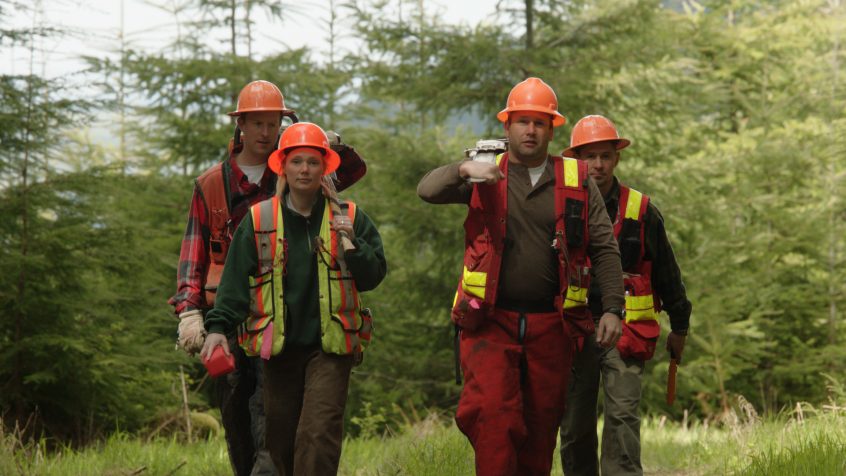Working forests play a vital role in supporting a healthy and diverse economy in our state, according to a 2017 study that looked at the contributions of Washington’s timber industry.
Washington state is the nation’s second-largest lumber producer. Forestry represents Washington state’s third-largest manufacturing industry, providing jobs in all 39 counties and impacting a whole host of economic activities, including forestry, logging, timber, wood products manufacturing, paper manufacturing, construction, furniture manufacturing as well as support industries like wholesale and port activity.
The importance of the sustainable timber industry is profound in both rural and more populous counties. Working forests provide a combined total of 30,000 family-wage livelihoods for residents living in the more rural counties of Cowlitz, Grays Harbor, Whatcom, Stevens and Lewis. And in more urban counties like King, Pierce, Snohomish, Clark and Spokane, working forests create living-wage careers for more than 46,000 workers. In total, more than 106,000 Washington workers are supported by the forest products industry, earning more than $5.2 billion in total wages and generating more than $214 million in taxes that support local communities, environmental programs and families.
But the benefits of working forests go beyond the people who work the land and consumers who use wood-based products. Washington’s forests and wood products offset 35% of our state’s carbon emissions, in addition to protecting cool, clean water that flows through 60,000 miles of forested streams to aid in salmon recovery efforts and supporting wildlife.
Through active management, working forests can promote economic development, innovation, taxes, jobs and produce green, renewable wood products for the state and elsewhere. By applying scientifically-based, proven-successful forest practices, working forests are finding ways to better manage woodlands and to ensure that Washington’s forestlands are healthy and resilient.
You can learn more about the critical role working forests play in our state’s economy, environmental stewardship efforts and reducing carbon emissions at WorkingForests.org.
